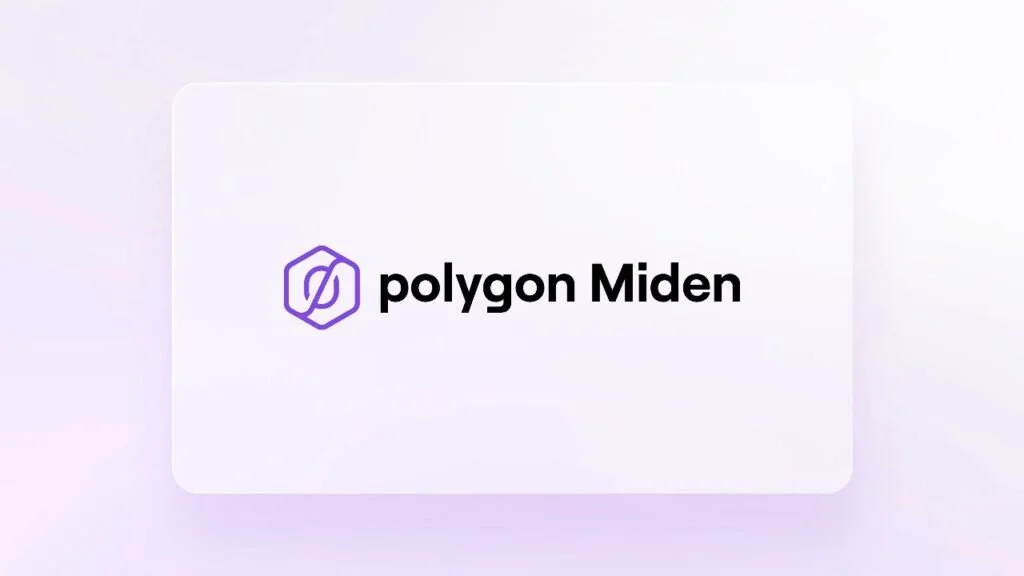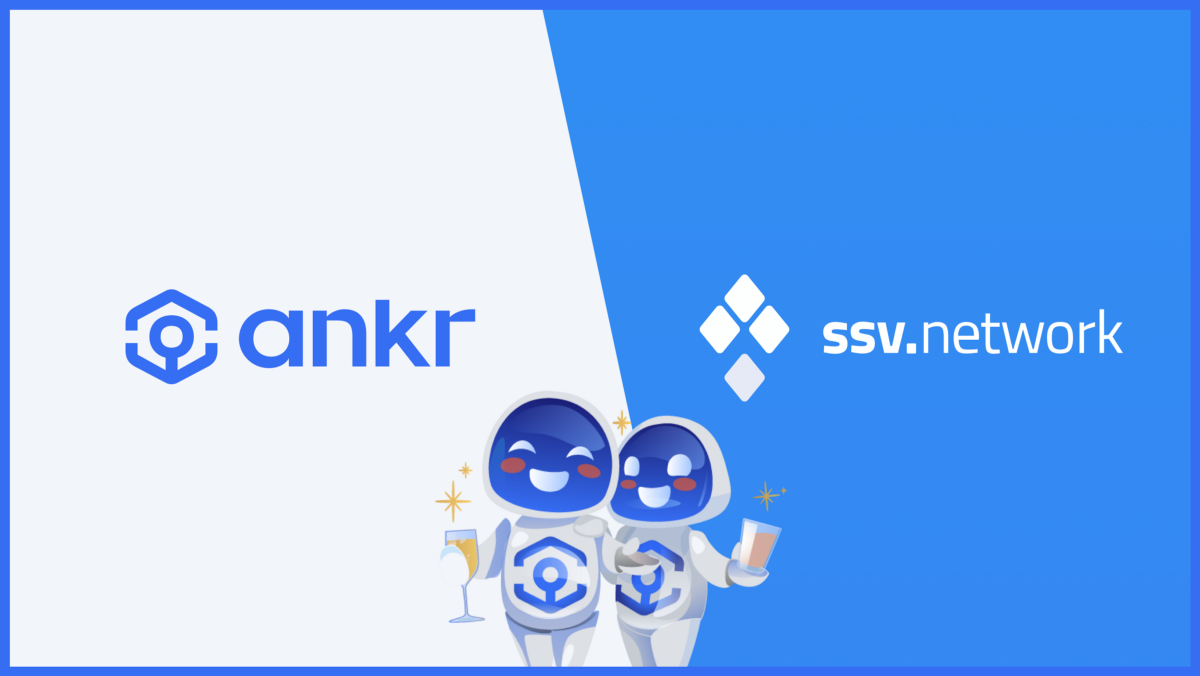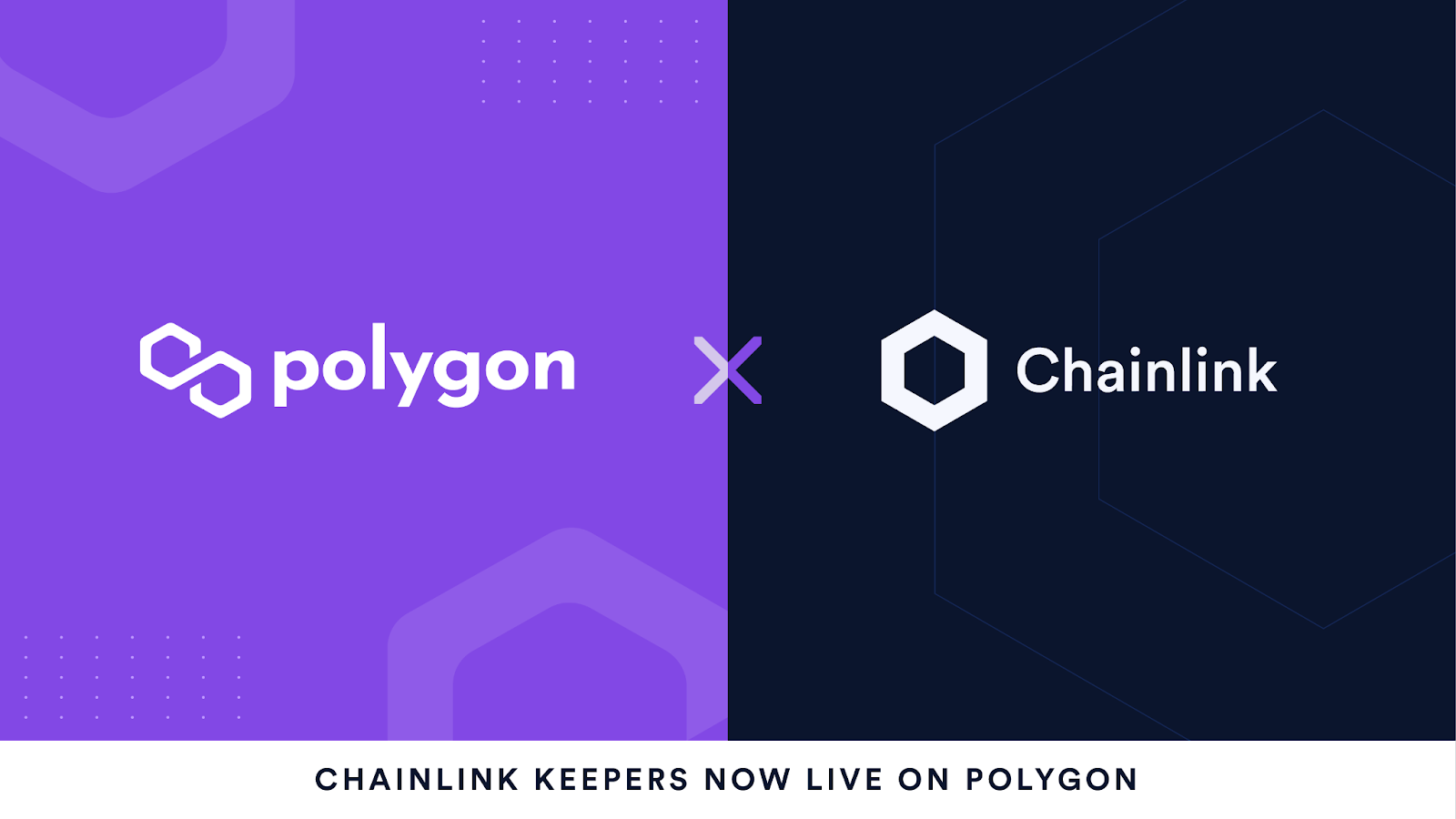Polygon Unveils Miden, an Advanced zk-STARKs based Scaling Solution
Polygon Miden will enhance Polygon’s scalability and security by using STARKs, advanced zero-knowledge cryptography to compress transactions and then verify them on Ethereum.
Dubai — November 17, 2021 — Polygon, an Ethereum scaling platform onboarding millions to Web3, today announces the launch of Polygon Miden, a STARK-based, EVM-compatible scaling solution, as well as the early prototype release of its core component, Miden Virtual Machine.
The project is led by former Facebook’s Core ZK Researcher who previously led the development of Winterfell. Polygon Miden represents another tool in Polygon’s $1 billion arsenal, comprising several Zero-Knowledge (ZK)-based scaling solutions including the recently announced acquisition of Hermez Network (now Polygon Hermez) and the development of Polygon Nightfall, a one-of-a-kind, privacy-focused Rollup built in collaboration with EY, all designed for scaling blockchains and propelling Ethereum mass adoption.
Polygon Miden is a STARK-based ZK Rollup. Rollups offer reduced congestion and lower transaction fees, but currently it's hard for them to support arbitrary logic and transactions, impacting their ability to validate all transactions off-chain. Polygon Miden will solve this challenge, thereby addressing one of the biggest drawbacks of ZK rollups today by using its core component, the Miden Virtual Machine (VM).
Polygon Miden VM, is the first fully open-source STARK-based virtual machine. It’s role is to verify program execution and provide enhanced due diligence for dapp deployment, thereby advancing and accelerating Polygon’s mission to alleviate Ethereum’s scaling issues, such as high gas fees and slow speeds, without sacrificing security.
By automatically generating a STARK-based proof of execution for any program executed via the Miden virtual machine, this proof can be used to verify that a program was executed correctly. Thereby eliminating the need for re-executing the program or even needing to know what the program was — massively simplifying and accelerating the safe deployment of DeFi apps and cryptocurrencies.
ZK proofs and tools, such as Miden VM, are essential to the development of robust, fast, high-transaction and secure blockchain transactions as they underpin the ability to process and validate proving in the chain between parties unknown to each other. The ability to be able to formally verify the code, providing cryptographic proof of validity, and reducing exploit risks at deployment, also makes the Miden VM a powerful tool for developers.
Miden VM is based on Distaff VM, a zero-knowledge virtual machine written in the Rust programming language. Miden VM expands on Distaff by leveraging Winterfell — a STARK prover/verifier developed at Facebook's Novi. Winterfell abstracts away all complexities of cryptographic proof systems, meaning developers don’t need to be a cryptographer or have any understanding of what zero-knowledge proofs are to use it. From the end-user’s perspective, Miden is nothing more than a regular stack-based virtual machine with linear read-write memory.
The core developer of both Distaff VM and Facebook’s Winterfell, Bobbin Threadbare1, is joining Polygon as Miden Lead, to work on a reintegration of Distaff which combines both Distaff and Winterfell and continue development of Miden VM and the ecosystem around it.
Threadbare said: “Polygon's addition of the Miden Virtual Machine represents an important stepping stone in helping to overcome some of the technical challenges of being able to rely on cryptographic proofs of computational integrity. I’m looking forward to helping to facilitate the open source implementation of STARKs within the Polygon ecosystem and wider security and privacy communities.”
Sandeep Nailwal, co-founder of Polygon, said: “ZK is the way ahead for Ethereum and Miden VM is one of the most important elements in Polygon’s roadmap for Ethereum scalability. It will simplify and accelerate validation for DeFi apps and cryptocurrencies — enhancing the speed and scale of the Polygon ecosystem."
Polygon has already begun to significantly expand the feature set of the Miden VM and develop it into a production-grade, open source, and transparent proving system built with privacy by design. The Polygon team plans to increase the viability of the VM by instilling the following unique characteristics: A multi-language paradigm, enabling flexibility and extending usage to a wider demographic of developer languages such as Move, developed by Novi / Diem; and blockchain-centric safety, achieved by integrating features, including static analysis, formal verification, and limited mutability.
For more information, please contact:
Katie Olver
Cryptoland PR
katie@cryptolandpr.com
Notes for editors
1 Bobbin is a pseudonym and he prefers to keep his identity as private, as much as possible. He is a software engineer who has worked on ZK technology at the Ethereum Foundation where he developed AirScript and Air Assembly. He was the first to release an open-source STARK-prover (genSTARK), and the first STARK-based virtual machine (Distaff VM). He joined Novi as part of Facebook's crypto research team and built Winterfell, which was released in June 2021.
About Polygon
Polygon is the leading platform for Ethereum scaling and infrastructure development. Its growing suite of products offers developers easy access to all major scaling and infrastructure solutions: L2 solutions (ZK Rollups and Optimistic Rollups), sidechains, hybrid solutions, stand-alone and enterprise chains, data availability solutions, and more. Polygon’s scaling solutions have seen widespread adoption with 3000+ applications hosted, ~600M total transactions processed, ~60M unique user addresses, and $5B+ in assets secured.
If you're an Ethereum Developer, you're already a Polygon developer! Leverage Polygon’s fast and secure txns for your Dapp, get started here.
Website | Twitter | Ecosystem Twitter | Developer Twitter | Studios Twitter | Telegram | Reddit | Discord | Instagram | Facebook | LinkedIn































